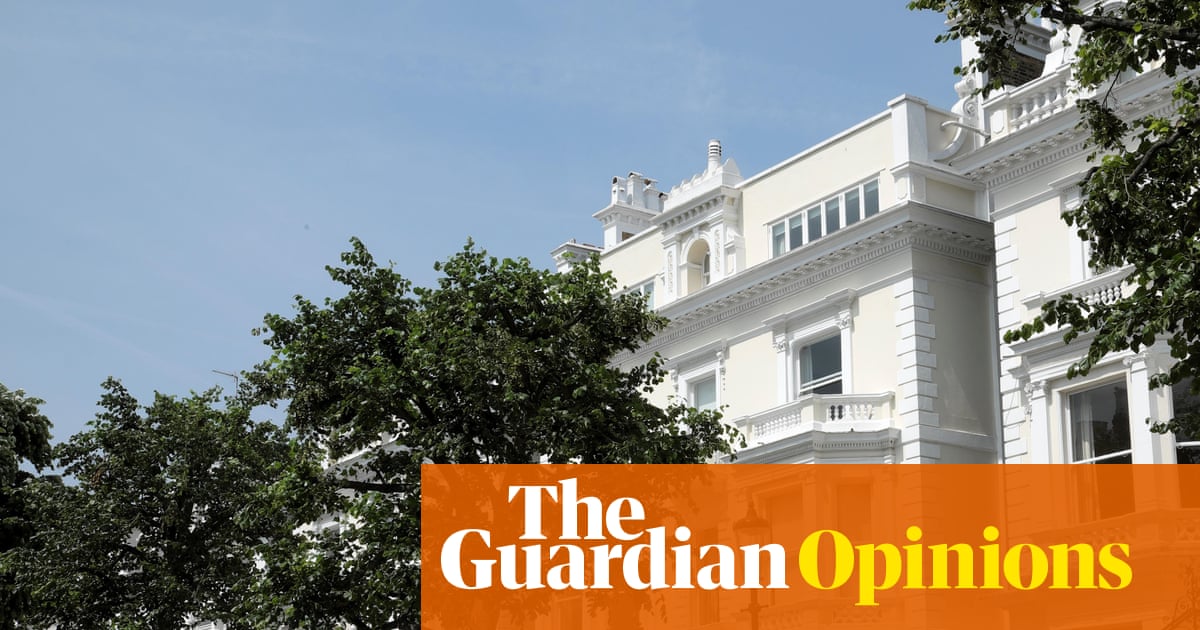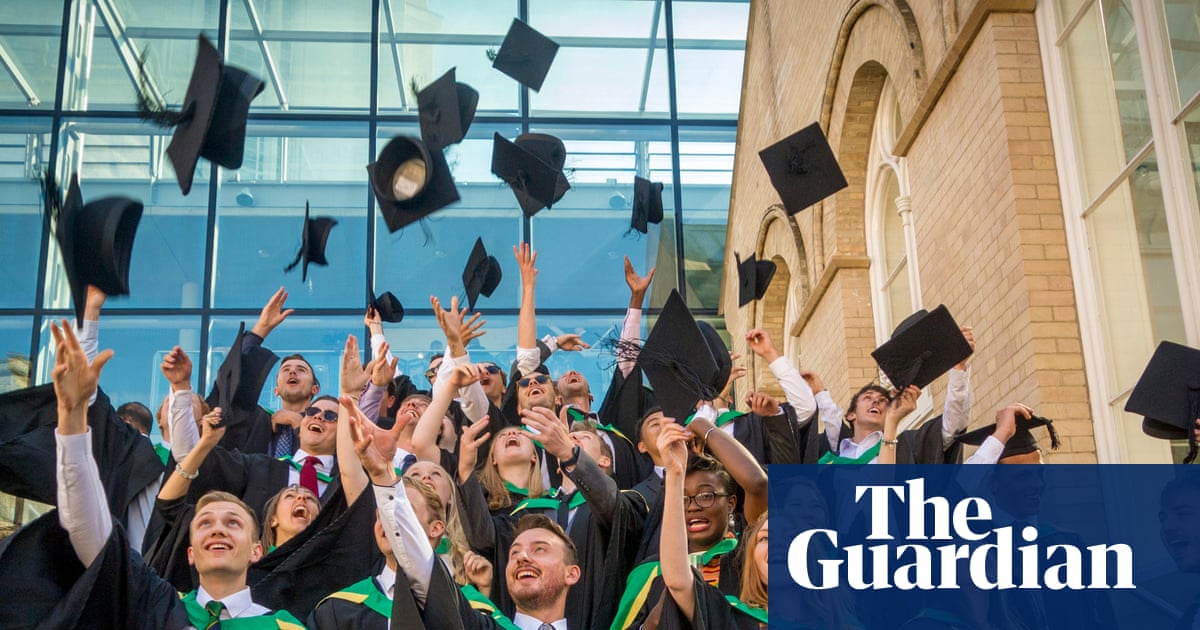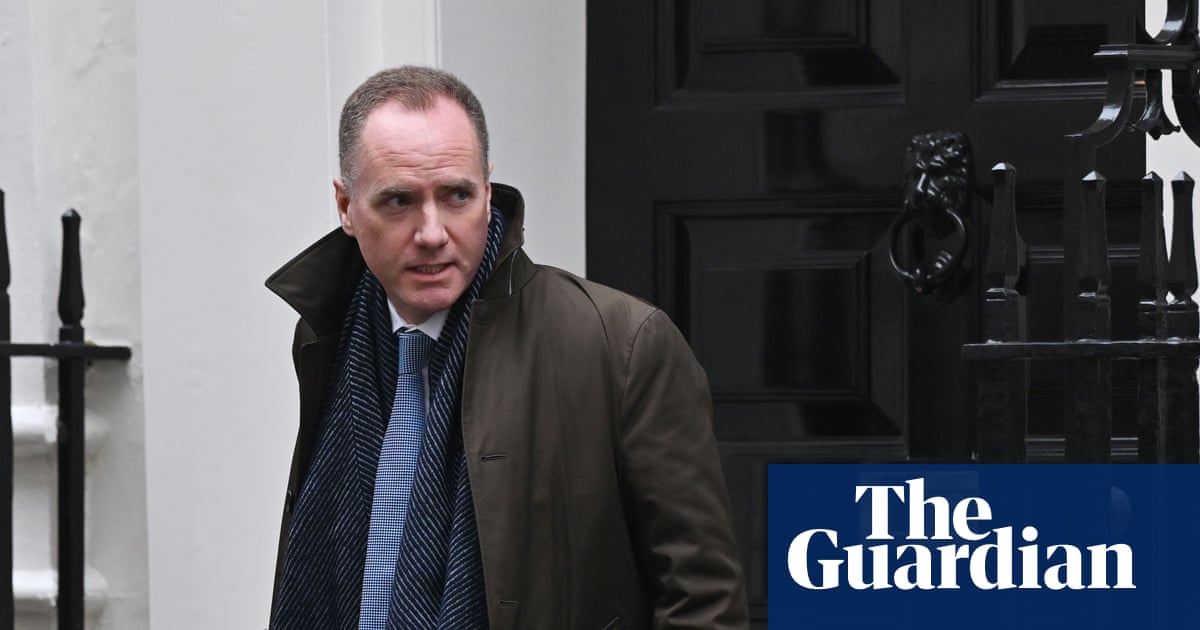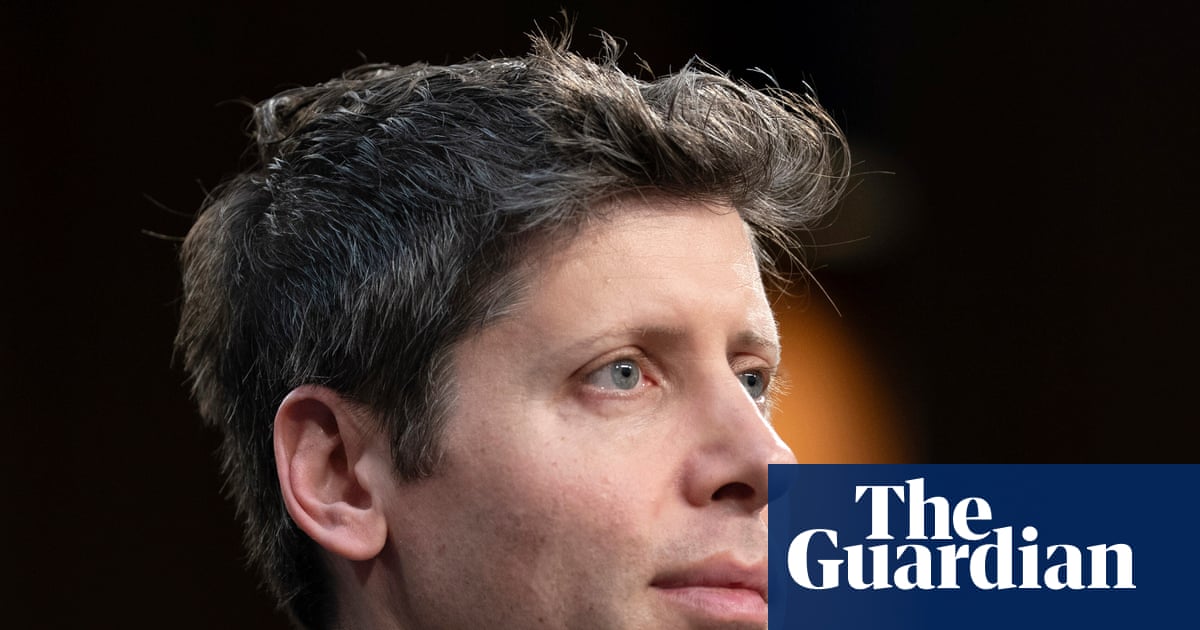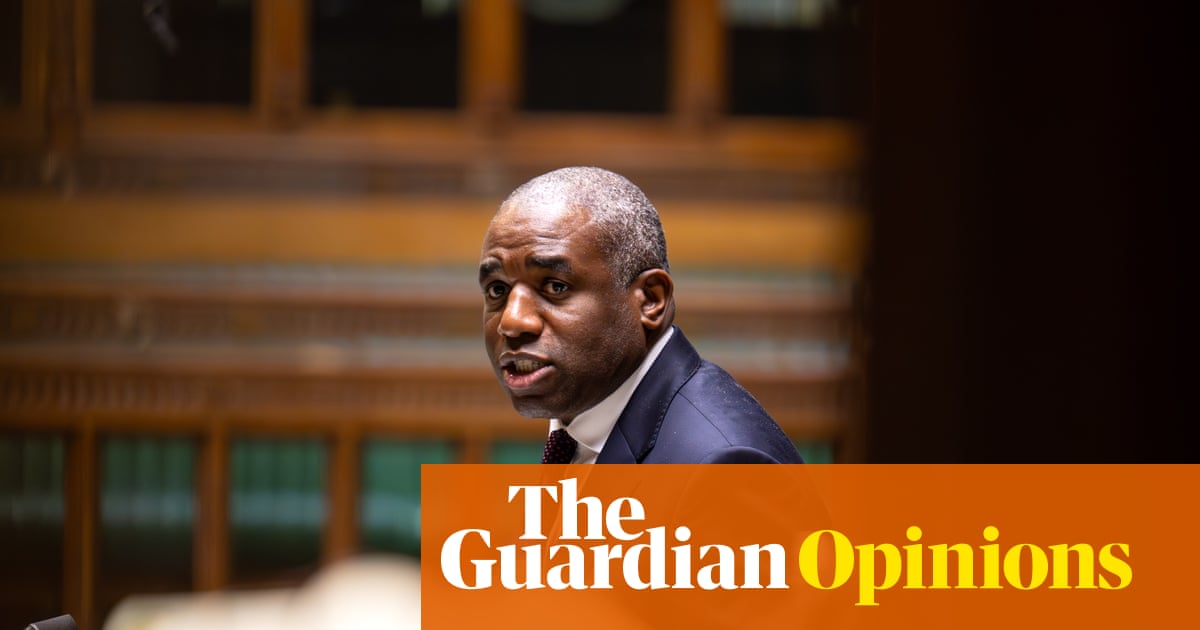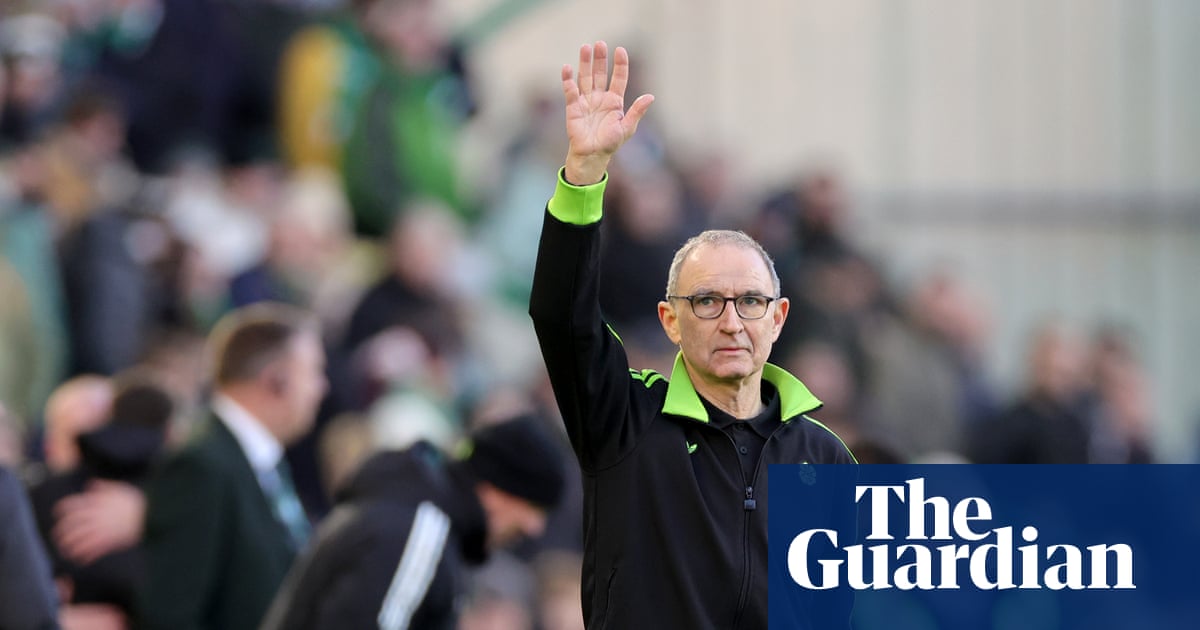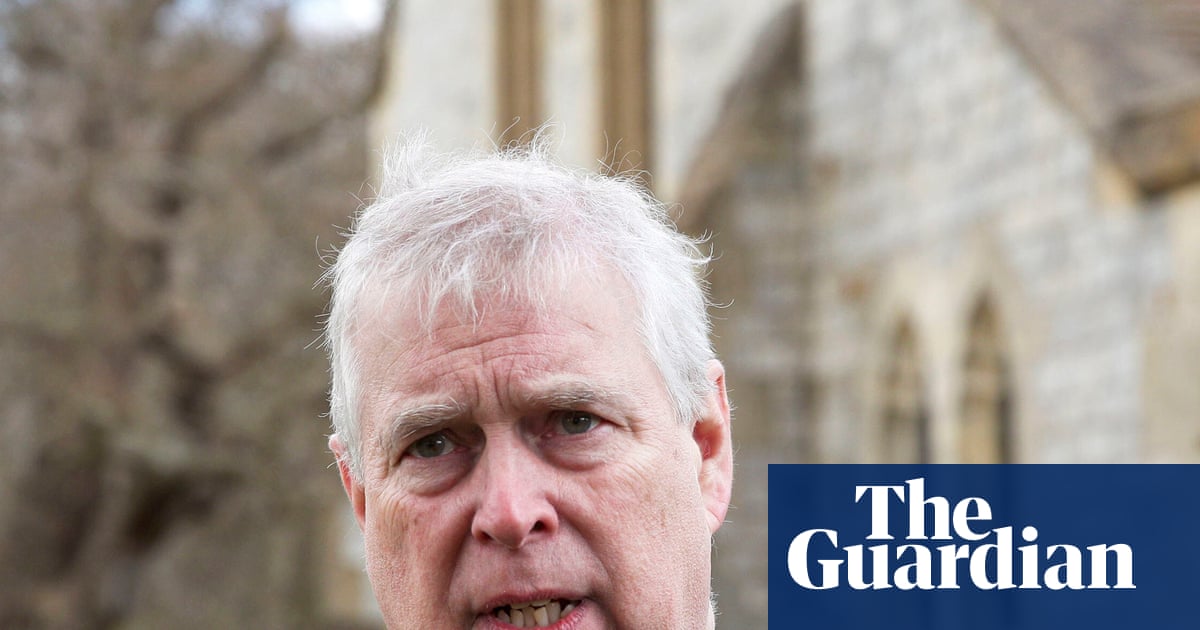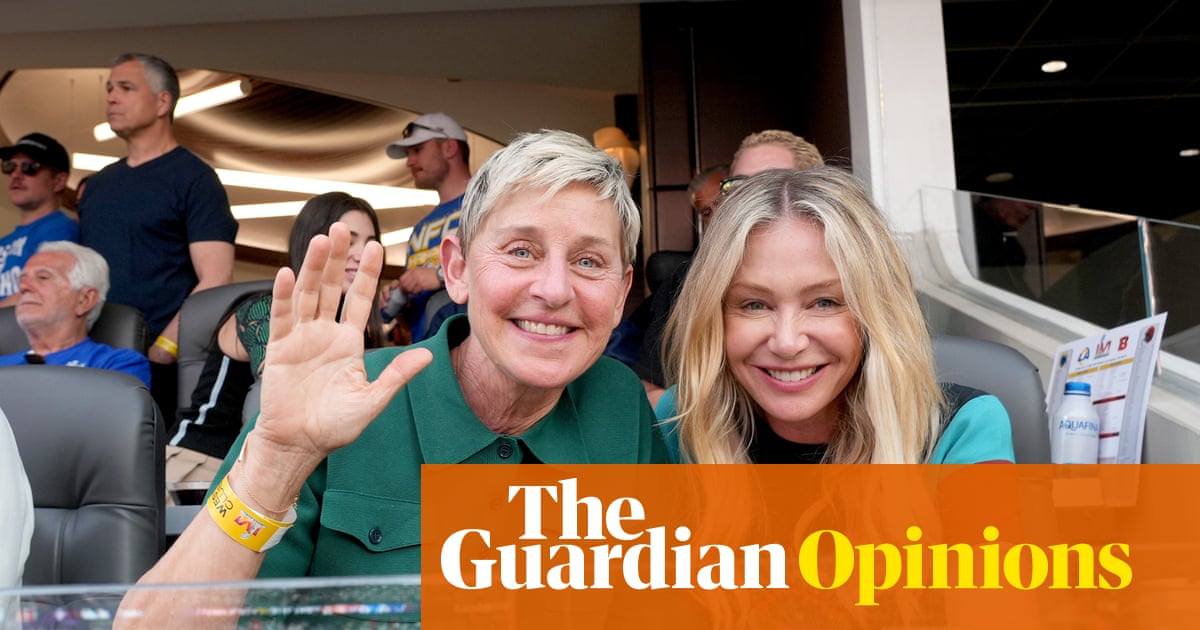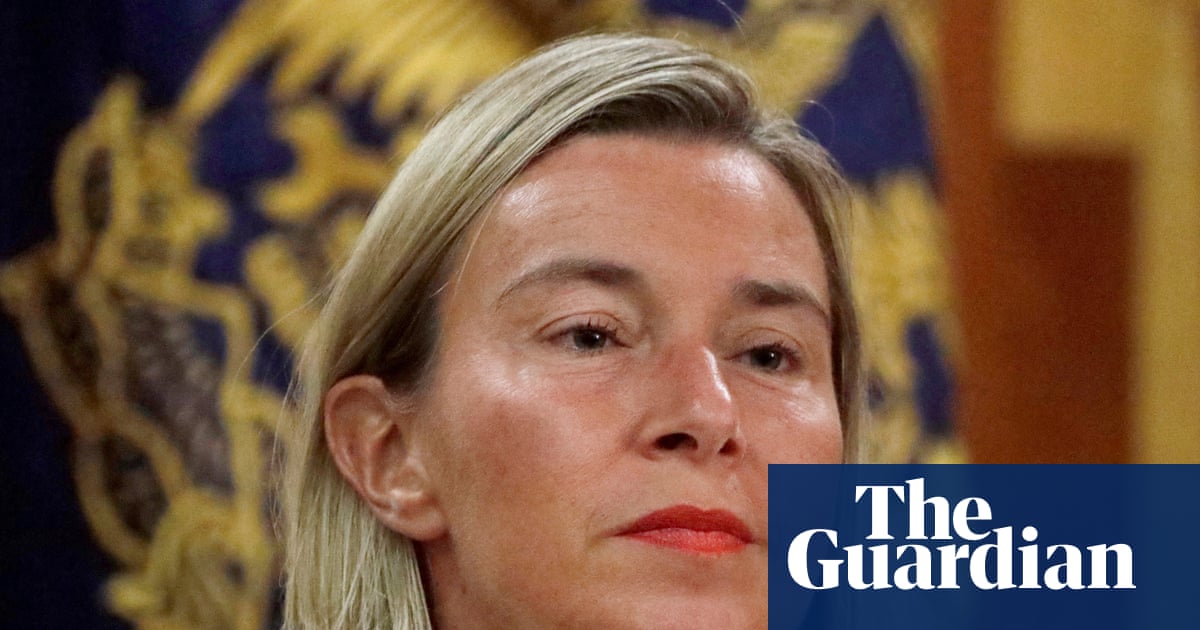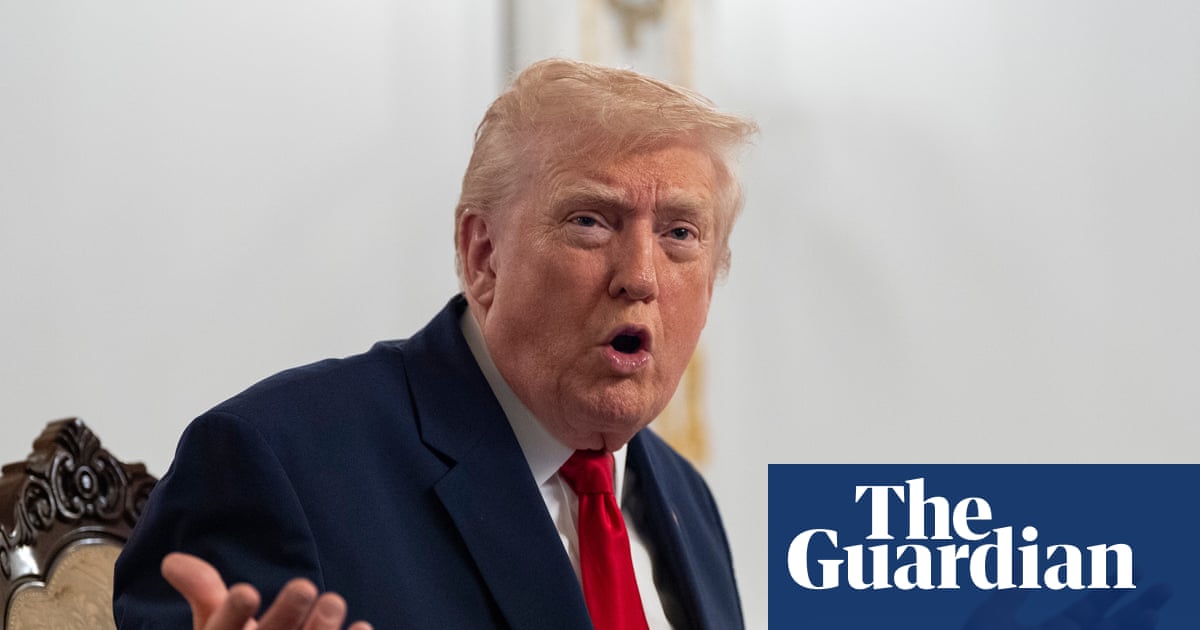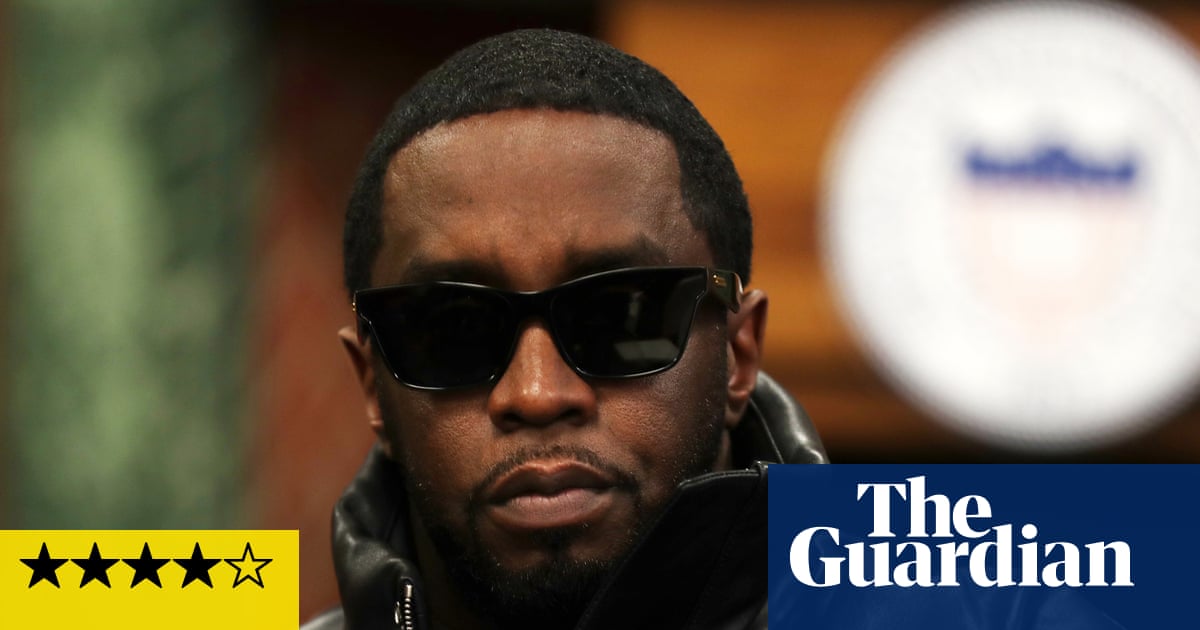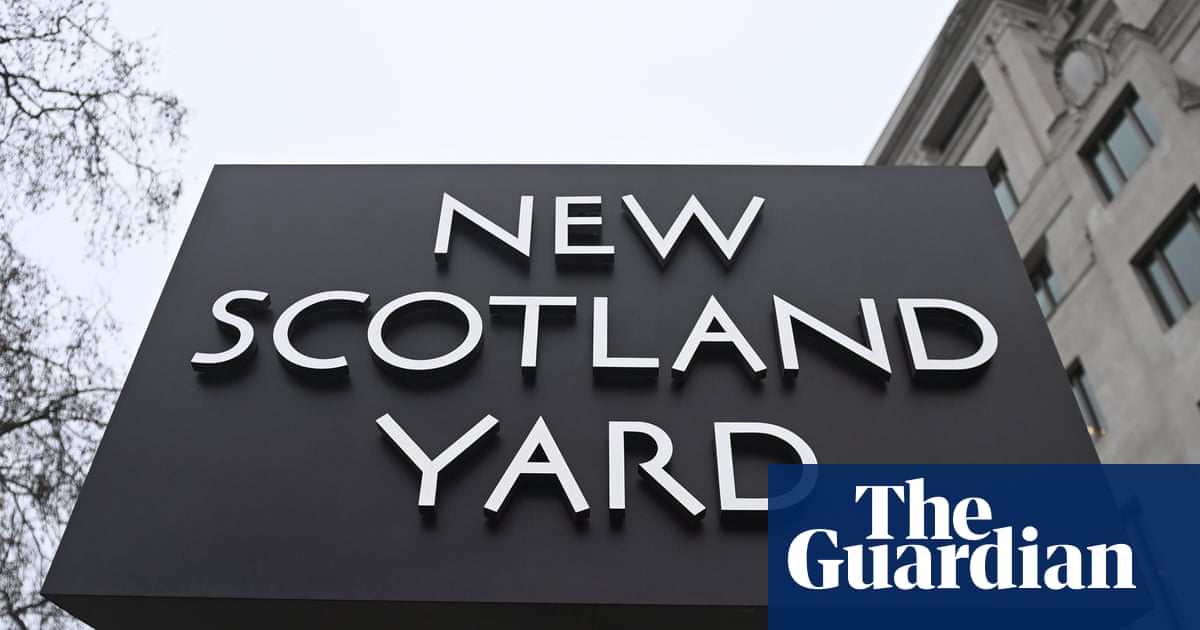Cleaning up industry and the global economy will produce massive economic dividends for countries that grasp the opportunity – as the example of China has shown, the UN climate chief has said, before a crunch summit of world leaders this week.
In a last-ditch call to heads of government summoned to New York by the UN secretary general this week, Simon Stiell, the executive secretary of the UN framework convention on climate change, said governments would almost certainly fail to come up with the climate commitments needed to fulfil the Paris agreement before a deadline this month, but they could still reset their economies to reap the advantages of low-carbon growth.
“We’re moving in the right direction,” he said. “Not fast enough, not deep enough, but [the progress countries have made on moving to a low-carbon economy] is showing that something is working. We need to find all the levers that are available to us, to see how we can accelerate further.”
On Wednesday, on the sidelines of the UN general assembly, Stiell and the UN secretary general, António Guterres, will make a final plea to world leaders – excluding Donald Trump, who is snubbing the meeting – to present national plans on the climate, before the Cop30 climate summit in Brazil in November. These plans – known as nationally determined contributions (NDCs) – are required under the Paris agreement, to set out how countries will limit global temperature rises to 1.5C above preindustrial levels, beyond which the impacts of the climate crisis become catastrophic and irreversible.
The deadline for the plans, which cover the next crucial decade of greenhouse gas emissions, was meant to be February this year, but in the midst of Trump taking office and global political upheaval, Stiell extended it to the end of this month. At that point, the UN will assess the NDCs and judge whether they fulfil the Paris aims.
Stiell knows the NDCs will fall short of the 1.5C target, as many countries are likely to present inadequate responses. These include the US, Russia and Saudi Arabia, all of which have sought to disrupt recent climate talks. But there are also significant concerns over the plans of other big emitters, such as China and the EU, which outwardly profess commitment to the climate.
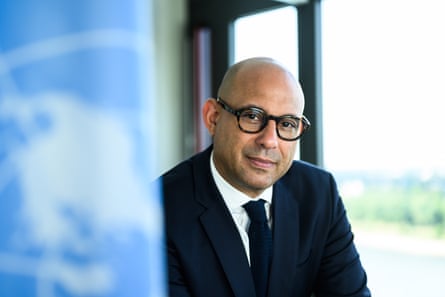
Despite China’s roaring successes in the green economy, with renewable energy now generating a quarter of electricity, electric vehicles now taking 50% market share and booming exports of low-carbon goods worth $177bn (£131bn) last year, China is widely expected to submit an NDC that is much weaker than it should be, and over-conservative in its estimates of how fast the country can drive down its emissions. This is partly because of Beijing’s perennial desire to underpromise and overdeliver, but also out of caution, faced with the volatility of Trump’s White House.
The EU, for decades the champion of climate action, is mired in internal tension among member states spooked by a seeming backlash from the populist right.
The bloc has still not finalised its NDC, and will not meet the end of month deadline, but this week issued a “statement of intent” from ministers for a cut of between 66.25% and 72.5% by 2035, compared with 1990 levels. This is weaker than the 79% or more campaigners had hoped for, and that experts say is possible.
Stientje van Veldhoven, regional director for Europe at the World Resources Institute, warned: “Europe’s statement shows scope for progress, but the wide range risks sending a confusing message, eroding investor confidence and undermining jobs, energy security, and competitiveness. The pathway matters: if the EU lands on the lower end of the range, like 66.3%, the final stretch to 90% just five years later will be a steep and uphill climb. That does not provide the long-term policy credibility that investors and companies need.”
Australia set out its NDC last week, pledging to cut emissions by 62-70% by 2035. That is also too low, compared to the 75% cut analysts said would be in line with a 1.5C limit, and the failure to agree a full phase-out of fossil fuels angered green groups. Australia is bidding against Turkey to host the Cop31 summit next year.
Yet Stiell believes Cop30 can still be a success, if it can point the way to remedying the shortcomings and investing in the benefits of a green economic transformation.
“We know [the NDCs] are going to be softer than what science dictates is needed,” he told the Guardian in an exclusive interview at the UN’s climate headquarters in Bonn. “But it’s about how the real economy picks up those signals. Inadequate as some may think they are, those signals have a significant impact on what’s happening in the real economy.”
He pointed to global private sector investments last year of more than $2tn in green energy and low-carbon industry, dwarfing the $1tn poured into fossil fuels. “I see promise, I see action,” he said. “I see tangible output. But not enough.”
It is easy to look at the UN’s annual Cops and say nothing happens – in the words of Greta Thunberg, “blah blah blah”. But before the 2015 Paris agreement, the world was headed for more than 5C of heating – a level that would leave the world unrecognisable. Ten years later, the projection – if all current commitments are fulfilled – is for 2.7C of heating. That is still far too high, and this year’s NDCs must at least “bend the curve” towards 1.5C, Stiell said, even if they still fall short of meeting it.
People should see the Cops as a process, rather than having too high expectations of any single meeting, he believes. “We have this perception that we need to solve all aspects of the climate crisis in a single Cop. We set false expectations that everything needs to be resolved in that given moment.”
Stiell also wants the UN to change tack, away from the dire warnings of calamity that have frequently fallen on deaf ears among governments grappling with economic woes. Instead, he will present concrete examples of how governments such as China have gained access to billions in investment and reaped bumper profits, by turning to clean energy and a green transformation.
after newsletter promotion
“We’ve only been telling a partial story,” he said. “We’ve been speaking about the impacts on lives, livelihoods. It doesn’t get into other elements: the economic benefits of taking climate action, and what this means in terms of jobs, food security, water security. What does this mean in terms of better health, better livelihoods? Looking at those opportunities and the economic growth that can be stimulated through strong climate action, and how that impacts economic development and growth.”
Countries are also beginning to wake up to the costs of inaction too, he believes. Hikes in the cost of living around the world have been exacerbated by food price rises resulting from extreme weather. Wealthy regions, including areas of the US and the UK, have had homes and businesses become uninsurable – an experience that until recently was confined to poorer and vulnerable regions.
Stiell said: “When those realities that vulnerable countries have been facing for well over a decade now are being translated to the richest and most sophisticated and advanced of economies, you know something is shifting.”
The bill for climate damage already runs to hundreds of billions of dollars a year, and is getting higher. Within little more than a decade, costs of more than 5% of GDP a year are likely to bite. “That means significant recession. It speaks of a level of recession that we’ve never seen before [because the damage will continue year on year, rather than abating as conventional economic recessions tend to].”
If inflation in the last four years has toppled governments and lost votes for incumbent parties, the effects of the climate crisis on the cost of living will be much more dramatic. Stiell said: “We’ve seen the impact of the price of eggs and how that was singled out as a barometer of skewed economic policy and mismanagement. Multiply that across every single item that you purchase, the food you eat, the clothes you wear, the vehicle you drive, the cost of heating or cooling your home.”
Compared with that, “Covid and the global financial crisis would pale into insignificance”, he said. “Governments who choose to ignore this, financial advisers and economics who chose to ignore this, do so at their peril.”
Stiell understands the effects of the climate crisis firsthand. Last year, Hurricane Beryl ripped through his home island of Carriacou, part of Grenada in the Caribbean. The devastation mirrored other events that he has seen in countries around the world. “That burns deep inside of me,” he says. “There’s anger, there’s frustration within that.”
His challenge is presenting what is at stake at Cop30, the complexities of the UN process, and the warnings of scientists, in terms that resonate with the global public. Stiell said: “Just raising an alarm is not enough – it has to be rung in a way that translates beyond numbers on a spreadsheet, and is understood by ordinary people, consumers and voters.
“But then the flip side is I also see opportunities. I see hope, I see resilience. The grit of humankind is empowering.”

.png) 2 months ago
47
2 months ago
47
